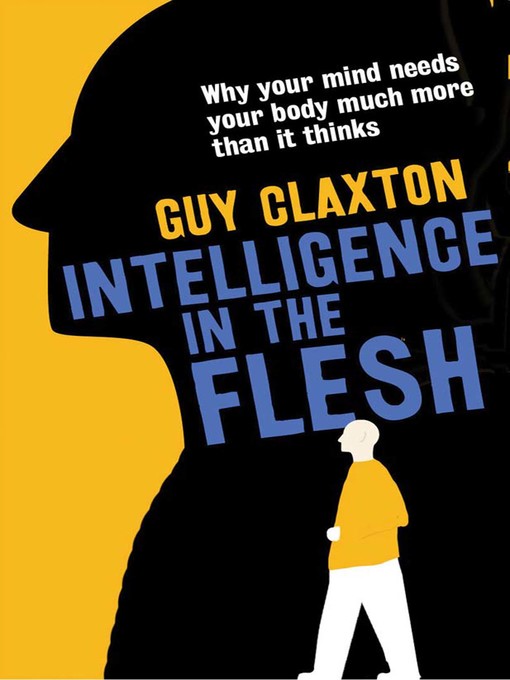An enthralling exploration that upends the prevailing view of consciousness and demonstrates how intelligence is literally embedded in the palms of our hands
If you think that intelligence emanates from the mind and that reasoning necessitates the suppression of emotion, you'd better think again—or rather not "think" at all. In his provocative new book, Guy Claxton draws on the latest findings in neuroscience and psychology to reveal how our bodies—long dismissed as mere conveyances—actually constitute the core of our intelligent life. From the endocrinal means by which our organs communicate to the instantaneous decision-making prompted by external phenomena, our bodies are able to perform intelligent computations that we either overlook or wrongly attribute to our brains.
Embodied intelligence is one of the most exciting areas in contemporary philosophy and neuropsychology, and Claxton shows how the privilege given to cerebral thinking has taken a toll on modern society, resulting in too much screen time, the diminishment of skilled craftsmanship, and an overvaluing of white-collar over blue-collar labor. Discussing techniques that will help us reconnect with our bodies, Claxton shows how an appreciation of the body's intelligence will enrich all our lives.
- Available now
- New eBook additions
- New kids additions
- New teen additions
- Most popular
- Great reads without the wait!
- See all ebooks collections
- Favorite Recorded Books Audio
- Available now
- New audiobook additions
- New kids additions
- New teen additions
- Most popular
- Try something different
- Family Road Trip Audiobooks
- Audiobooks for the Whole Family
- Great Narrators
- Always Available Audiobooks
- Listen While You Run: Audiobooks for Workouts
- Poetry is Meant to Be Spoken
- See all audiobooks collections
- Top Magazines - Now Available!
- Crafting & DIY
- Just added
- Sports
- Health & Fitness
- News & Politics
- Cars & Motorcycles
- Food & Cooking
- Business & Finance
- Revistas digitales
- 中文(简体
- 雑誌
- See all magazines collections


